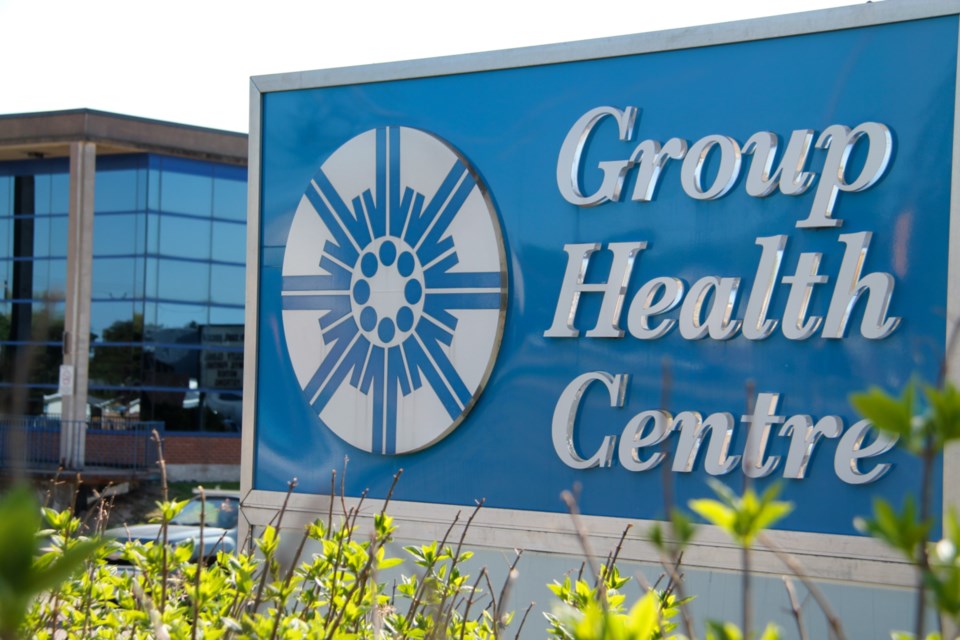Millions of dollars in loans on the books to the Group Health Centre have been converted to higher interest — a direct result of recent news that the organization was forced to de-roster thousands of patients due to a shortage of primary care providers.
Group Health concedes that the timing of the rate hike is “indeed less than ideal,” but the organization says it is “optimistic” the province will soon provide an answer on nearly $11-million in pending funding requests that would help ease the financial burden.
In January, the Group Health Centre (GHC) announced that 10,000 of its patients were about to lose their primary care provider, a process they refer to as de-rostering. That is in addition to the 3,000 patients who were dropped over the previous six years, and an additional 6,000 patients who remain at risk of being de-rostered due to a lack of new doctors and nurse practitioners being recruited.
The fact that GHC was about to lose a large percentage of its billable customers caught the attention of one of its lenders, which was in the process of finalizing the refinancing of millions of dollars in loans.
“In light of our recent announcement, our banking partner has proposed adjusting the terms of our existing agreements to a shorter duration,” said Giordan Zin, manager of communications for GHC, in an email to SooToday. “This approach is standard practice in the financial industry, especially when significant changes in an organization's operating environment occur.”
As of March 31, 2023, the GHC had four outstanding loans with a total principal balance of $4,752,283, with fixed interest rates between 1.82 and 1.89 per cent.
The unnamed lender proposed not just a shortening of the term of the loans as a result of the operational changes at GHC, but also moved the $4,071,411 that remains owing to a variable rate of 7.2 per cent — almost four times higher than the previous fixed rate.
With higher interest rates and shorter terms come higher monthly payments for the organization. And like many lenders with variable rate loans, Zin said GHC is hoping the lending rate will be reduced in the near future.
“While it is true that a shorter-term loan would typically be associated with higher payments, we are working closely with our Ministry of Health partners and local MPP to secure approvals for a number of existing funding proposals currently under review,” said Zin.
Asked if the new higher payments are sustainable while the Group Health Centre simultaneously is losing thousands of billable customers, Zin said the answer is reliant on the almost $11 million the organization says is pending from Ontario's Ministry of Health.
“Our ongoing discussions with the Ministry of Health and our local MPP are aimed at securing approvals for existing funding proposals that will address these financial pressures,” said Zin. “We are confident that with the approval of those proposals, we can sustain the increase in interest payments.”
“The timing of financial adjustments, especially in the context of higher interest rates and operational challenges, is indeed less than ideal,” he added.
GHC will continue to care for about 50,000 patients after the next round of de-rostering, with 39 primary care providers, said Zin.
“As a result, we are optimistic that we will receive a response regarding our funding requests soon,” he said.
